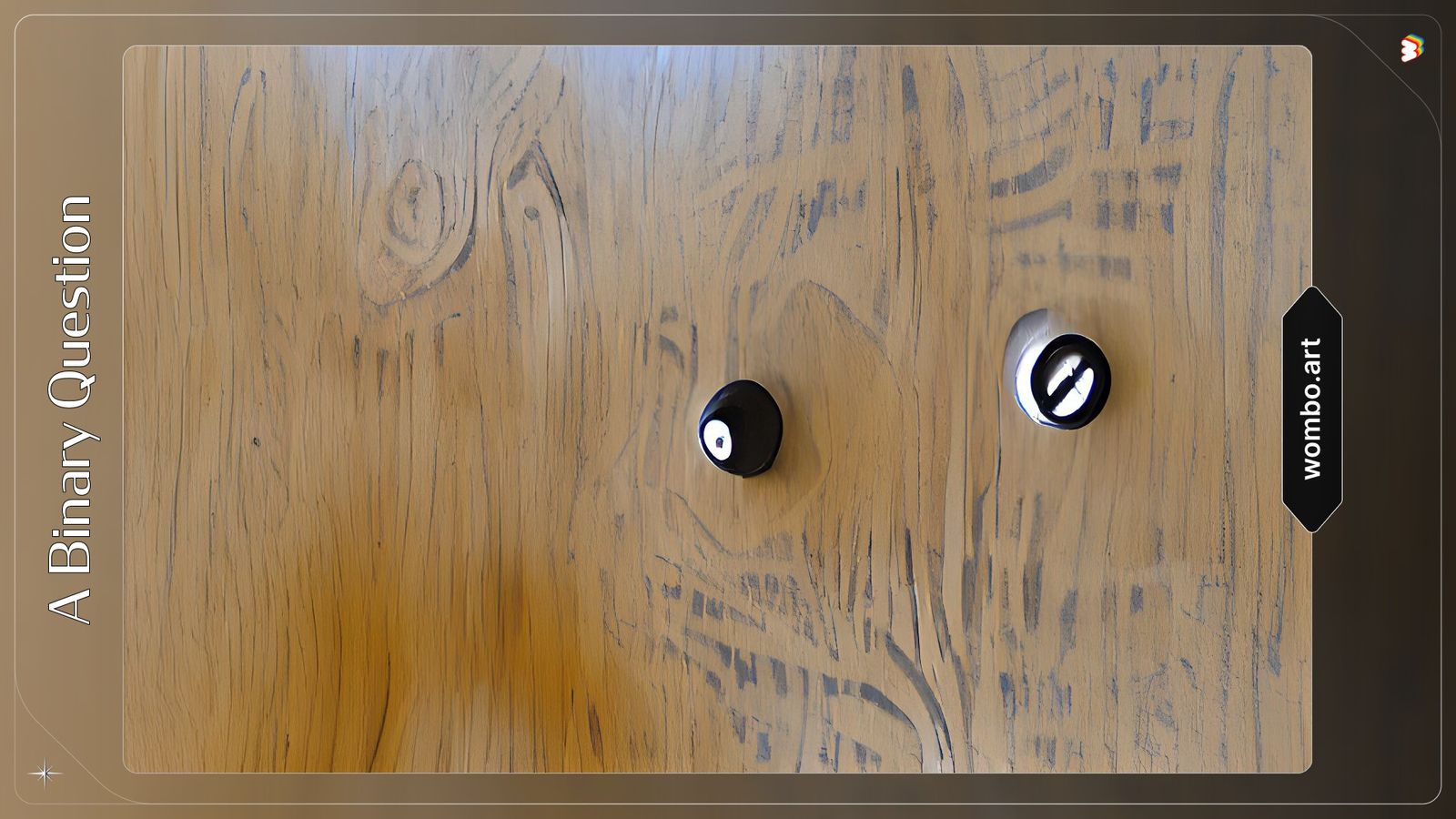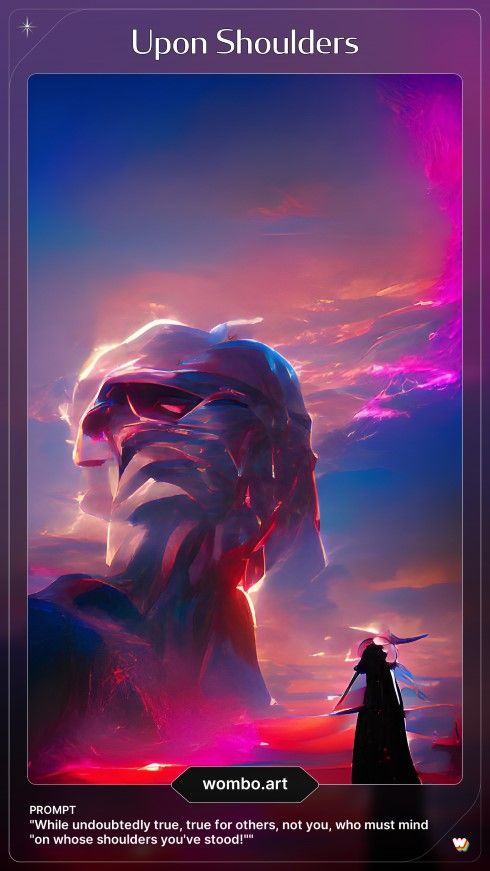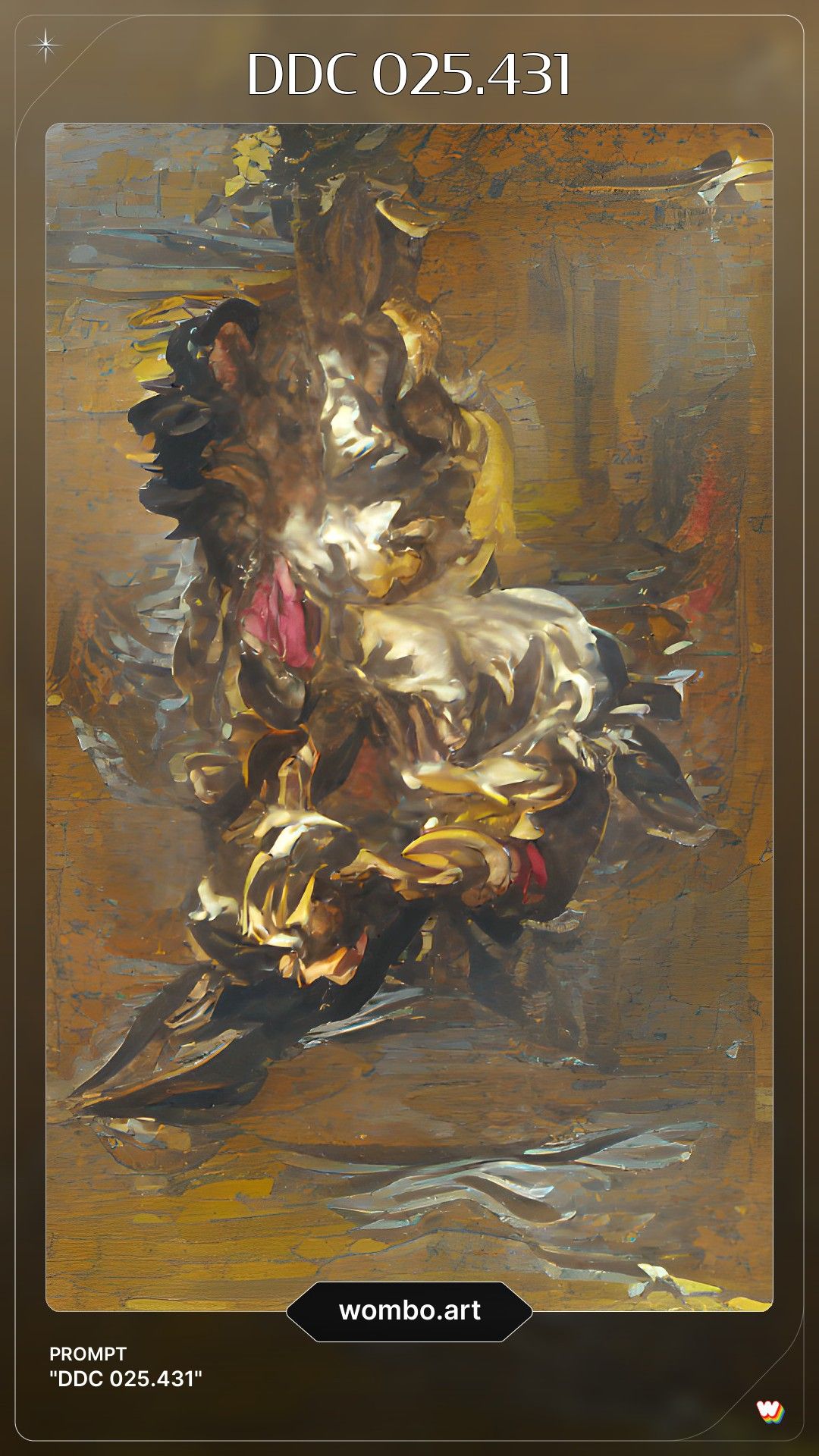SEVEN - 025.431 - BY WHICH IS MEANT - CHAPTER THE SEVENTH, TITLED '025.431'
Published by Reblogs - Credits in Posts,
SEVEN - 025.431 BY WHICH IS MEANT CHAPTER THE SEVENTH, TITLED '025.431'
(rather than being a formula of some sort, as in, perhaps seven minus 025.431, which would be be negative 18, which would just be written as "- 18" which is easily 'dash 18'.
I said out loud to myself, "When I am making difficult decisions, I often think about the stones, Urim and Thummim, and how they were presented by the Old King, Melchizedek in the novel The Alchemist by Paolo Cuehlo. In this case, though, the irritating fact of the matter is that Urim and Thummim are symbols for endash and emdash, respectively.

"It's not that there's no difference. The question must be objective and the answer will only be yes or no, depending on which stone you select under blind. It makes no difference which one you get. The ruse is up. The endash and the emdash are now just perceived by many a writer as interchangeable, their differences insignificant, perhaps aesthetic.
"Look, I'm a really liberal writer. I'm liberal with my words (I give of them freely and not just for the tax deduction, but because I actually like to hear my reasoning out loud.
"I'm fine with writers pretending they're sophisticated by just, you know, ignoring the difference between these extremely diacritical cousins."
Realizing that I had been (for some curious reason) speaking to Nobody in particular out loud in a room empty except for myself, I did my best to stop, because it just doesn't feel right to talk to myself. It's better if I write it down; looks less crazy that way if you tell people about how you got your insight.
Fascists.
Oh and don't even get me started on the entire " ' " ` '' << >> " debate. Diacritically opposed at the moment. Because I have a -- a point? -- aha, a point. Two endashes make an emdash (sort of), but an emdash has no way at all of standing in for the endash right? How far to mayhem? I'll tell you how far.
Relenting to my instinct now, I return to a powerful delivery of my thoughts vocally, to the empty room, inspiring myself in what I must admit can be nothing more self-indulgent and cocky. Let's rejoin the audible speech I seamlessly switch to here.
"But there's a line, you know?" I say to the empty room, chuckling briefly at my own wordplay, connecting a mental dashed line to the word line which is what a dash ultimately is.
"Because while it seems innocent enough," I continued aloud for whatever reason, "what do we do when an actual minus sign shows up? Or a HYPHEN? Then how do you handle that, you anarchist poets?! I bet you're a lot more careful with the nuances of your fuckin' emojis or whatever you call that poorly considered--"
I stopped myself there, realizing that for one thing I don't actually feel that way, and for another thing, if I did feel that way I realized it would have been something that made me sound 'old'. I also wanted to demonstrate verbally to myself when an EMDASH is the correct choice.
This got me to thinking, and so I blurted out, "Wait a minute . . . Is there any important difference between a typographical error and a diacritical statement of protest?"
What a FANTASTIC idea, I think. A poem to answer that question!
(Sorry, I didn't mention it at first, I thought of adding a poem tp this chapter, but it only occurred to me several paragraphs back. But since I didn't write it down right away, it just came to me now, so I'm getting to it right away before I forget again). Here's what I have in mind:
---"Is There a Difference Between a Typo and a Diacritical Protest? A Poem"---
When writers don't know why they should,
they assume that the rule is no good.
While undoubtedly true,
true for others, not you,
who must mind "on whose shoulders you've stood!"
A neophyte author must read,
It's required for text to succeed
'Metamorphosis Bunny'
for some reason's "not funny"?
I suppose critics never smoke weed?
I forgot to address, though, "success,"
I mentioned it earlier, yes,
but a joke intercession
breaks up the progression
to the ultimate question, I guess.
Well what is "success" for a text?
Wherefore would that story go next?
Would it cower in fame?
Limp along as if lame?
Responsum est valde complex
---END OF "Is There a Difference Between a Typo and a Diacritical Protest? A Poem"---

I look at what I wrote. The poem had very little to do with the title. I don't care though; maybe I'll change the title to something like: "The Failure of 'Success' among Intellectual Authors and Poets: A Treatise in Four Stanzas."
I like to mix materials but I don't just like to mix them any old way. I would have a hard time imagining a drunk leprechaun performing these for attention in a bar. And it lacks one of the hallmarks of limericks, which is euphemism and aphoristic (if juvenile) punchlines on line 5. That's not the official litmus test, though. Come to think of it, though, maybe I could innovate in the style of the 'Dark Limerick.' I'll try one now:
The constraints of the form now here used
I obeyed, though I could be accused
of neglecting to mention
some sexual tension
And a 'punch'line that leaves you all bruised.
There are more ways to try this device.
Ah, the feeling of liberty's nice!
"while all night she was flirty,
in the bed she was dirty"
by which I mean "covered in lice."
See now that has some of both the darkness and the levity of surprise, but that punchline feels a little gross. Let's get more playful with it now. Level 9 - Engage:
A man from Wyoming was dead
having slept for too long in his bed.
Thinking 'Red pill or blue pill?'
and 'I'm just a new pupil'
Regretful he'd swallowed the red.
See that's nice and morbid but still follows the form. I'll see if Emma would be interested in including poetry of this nature in the 'Mixed Materials' "novel" (whatever that means).
*****
No artifact or idea has ever come into being, even abstractly, without it first existing as an imaginary thing. All human creations from a ladle to a nutcracker, a keyboard, a mousetrap, a trope, God, veganism, hedonism, ISO certification, NFT art generated by AI . . . these are all things that were imagined first, and then created by humans.
If I am to reverse-engineer Emma's system, I have to imagine that it's consistent with what I know about Emma, which is that she's creative, meticulous, and has a lot of eccentricities that turn out to be way more suitable than 'the normal way' of doing things.
I'm already good at that. I proceeded with curiosity, enthusiasm, and confidence. (This required me to suspend any thought of my own irresponsibility in neglecting my own work, which I have learned to do quite easily, but it took a lot of practice.)
I decide to start in the 000 Classifier first. There was, of course, a first place to start, and my approach with such things is almost formulaic. The first palce to start was the obvious place: DDC 025.431

If Emma is anything like me, there will be a very special set of bizarre surprises in that 025.4 directory at least. The Dewey Decimal Classification code 025.431, by the way, corresponds to the precise topic "The Dewey Decimal Classification System." And it's not a joke or an Easter Egg in any way that there exists a DDC number for the DDC system itself. It's that everything has a place in the DDC.
The idea of needing to 'belong somewhere' is something that Emma has a great deal of anxiety about; she confided that in me years ago. I regret not taking the time to confess reciprocally to her that 'wanting to belong somewhere' was a core part of my personal character. It's almost my entire identity . . . 'Searcher-for-Self'.
A writer with trauma in her past will almost certainly struggle with a pervasive sense of needing to create order. There's an urgent need at all times to know with certainty that 'everything has its place' somewhere, in some system. Emma found comfort in knowing that even when she didn't know quite where to 'put' her thoughts, and even if she didn't know just where in the 'big picture' something would turn out to belong, it belongs somewhere. Everything and everyone belongs somewhere. Belonging somewhere is a feeling neither Emma nor I had ever experienced.
And whether we knew it or not, this brave but confusing journey into figuring out where we 'are supposed to be' was about to take on an urgency that nobody, even the most prescient narrator, could possibly anticipate.
